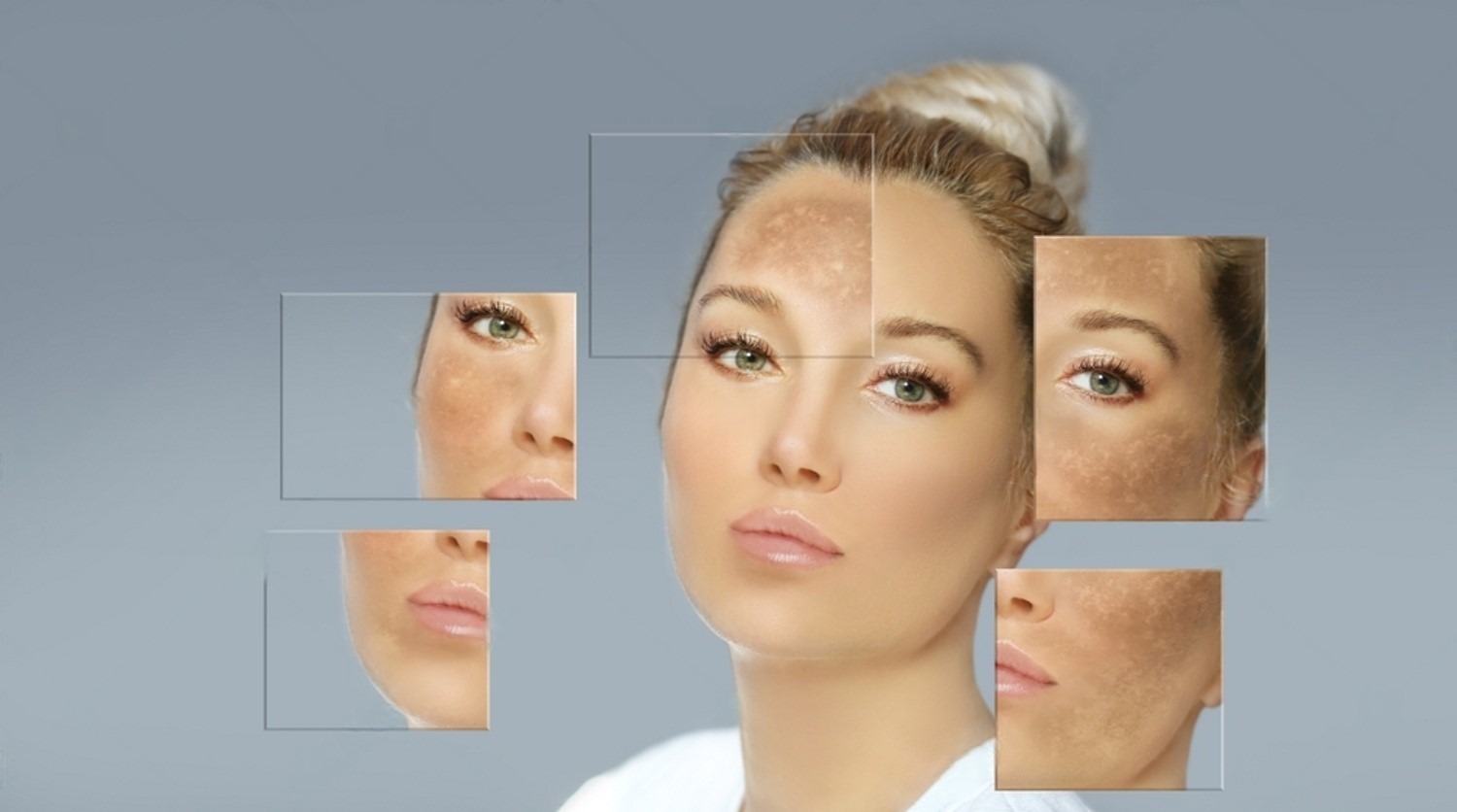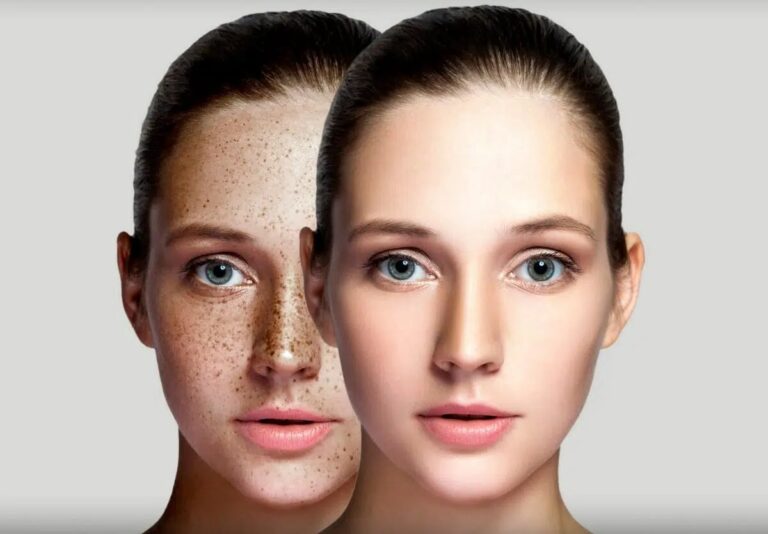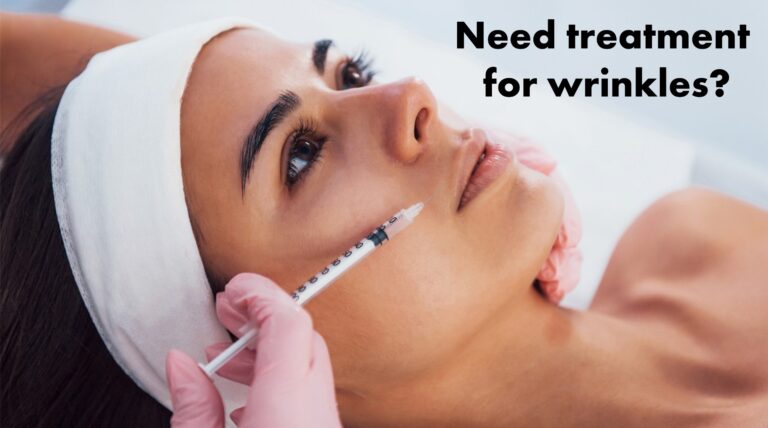Dark spots and hyperpigmentation can be a persistent skin concern that affects individuals of all ages and skin types. These discolorations occur due to excessive melanin production, which can be triggered by sun exposure, hormonal changes, inflammation, and aging. While they are generally harmless, they can impact one’s confidence and overall appearance. Fortunately, there are several expert-approved treatments available to fade dark spots and hyperpigmentation effectively.
Why You Should Consider Pigmentation Treatment for Clearer Skin
Pigmentation treatment is essential for achieving an even skin tone and preventing further damage. If left untreated, hyperpigmentation can worsen over time, making it more challenging to manage. Professional treatments help in reducing dark spots while enhancing skin texture and brightness. Moreover, addressing pigmentation early can prevent it from becoming a permanent skin concern. With the right combination of skincare products and clinical treatments, you can achieve a more radiant and youthful complexion.
We advise you to consider treatments for Dark Spots and Hyperpigmentation
1. Chemical Peels: A Powerful Exfoliation for Brighter Skin
Chemical peels are one of the most effective treatments for dark spots and hyperpigmentation. These treatments involve the application of a chemical solution that exfoliates the top layer of the skin, revealing fresh and evenly toned skin beneath. Peels with ingredients like glycolic acid, salicylic acid, and lactic acid can help lighten dark spots over time. For those dealing with pigmentation on the face & lips, mild chemical peels are a great option to achieve an even complexion without aggressive procedures.
2. Laser Therapy: Advanced Technology for Stubborn Pigmentation
Laser therapy is a targeted treatment that breaks down excess melanin in the skin. This method is particularly effective for stubborn dark spots and deeper pigmentation concerns. Treatments such as fractional lasers and intense pulsed light (IPL) help in resurfacing the skin and improving its overall texture. Those struggling with underarm pigmentation can benefit from laser therapy to achieve a uniform skin tone in sensitive areas.
3. Topical Treatments: Daily Skincare to Lighten Hyperpigmentation
For mild to moderate pigmentation, topical treatments with active ingredients like vitamin C, niacinamide, and retinoids are excellent options. These ingredients work by inhibiting melanin production and promoting cell turnover. When used consistently, they help in fading hyperpigmentation treatment results and preventing new spots from forming. Dermatologist-recommended creams and serums are easily accessible and can be incorporated into daily skincare routines for long-term benefits.
4. Microdermabrasion and Dermabrasion: Mechanical Exfoliation for Even Skin Tone
Microdermabrasion and dermabrasion are skin resurfacing treatments that remove dead skin cells and stimulate collagen production. These treatments are ideal for reducing hyperpigmentation, especially for individuals with acne scars and sun damage. Regular sessions can help in maintaining clear and glowing skin.
5. Sun Protection: The Key to Preventing Future Pigmentation Issues
No matter which treatment you choose, wearing sunscreen daily is crucial to prevent further dark spots and hyperpigmentation. Broad-spectrum sunscreens with SPF 30 or higher help shield the skin from harmful UV rays, reducing the risk of pigmentation worsening over time.
Conclusion: Achieve a Spotless and Radiant Complexion
Treating dark spots and hyperpigmentation requires a combination of professional procedures and a well-structured skincare routine. Whether opting for chemical peels, laser therapy, or topical treatments, consistency is key to achieving visible results. Consult a skincare professional to determine the best treatment suited to your skin type and concerns. With the right approach, you can enjoy clear, bright, and even-toned skin in no time.





